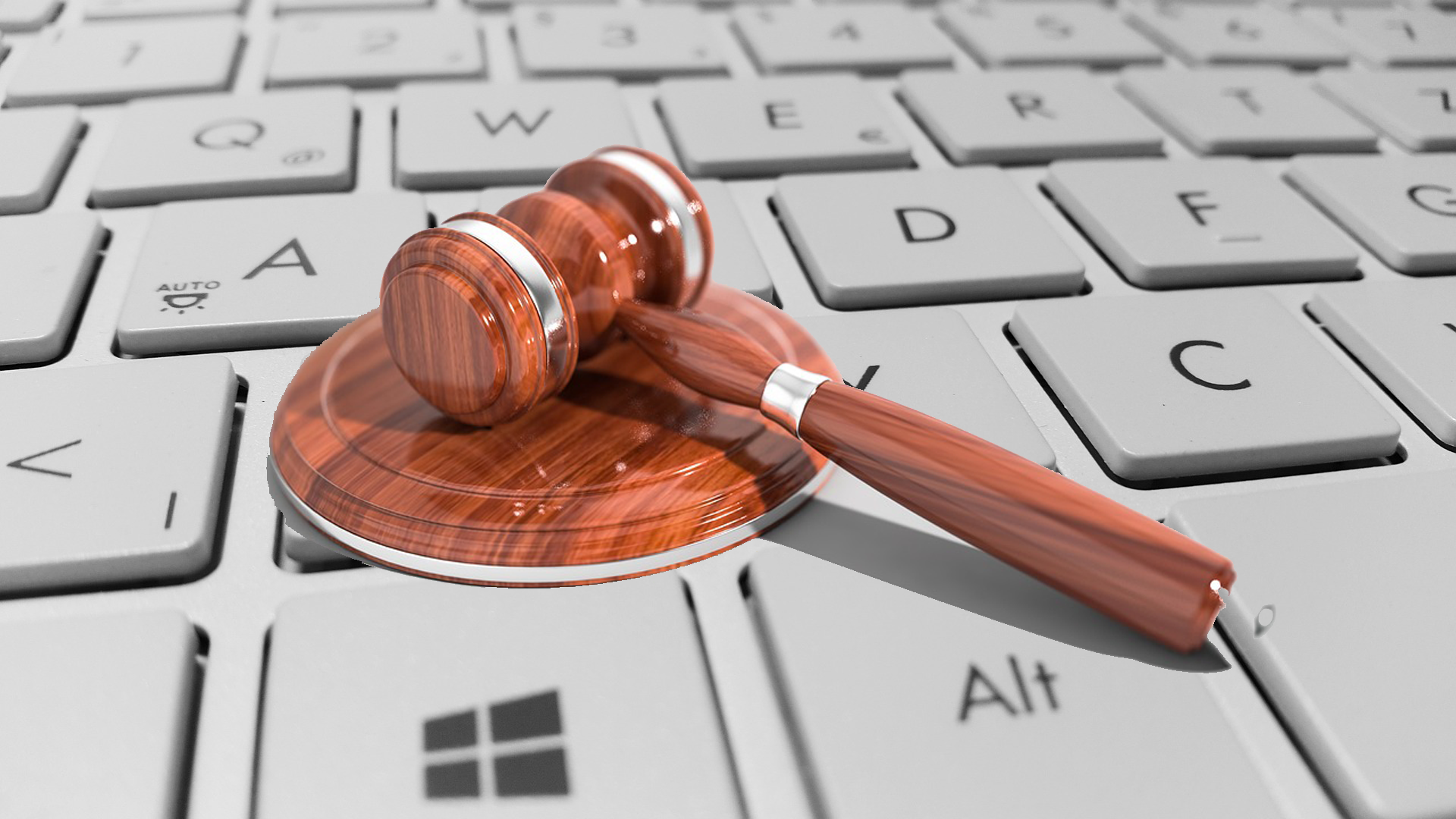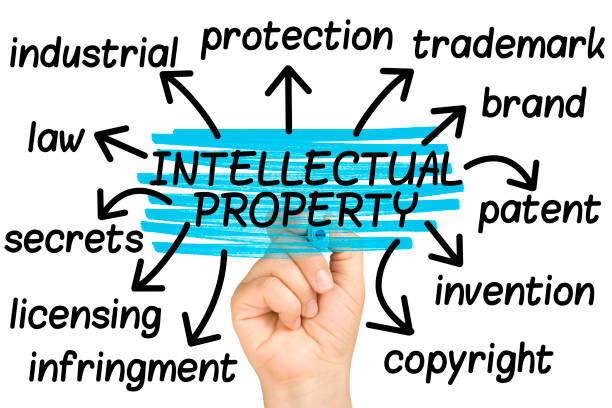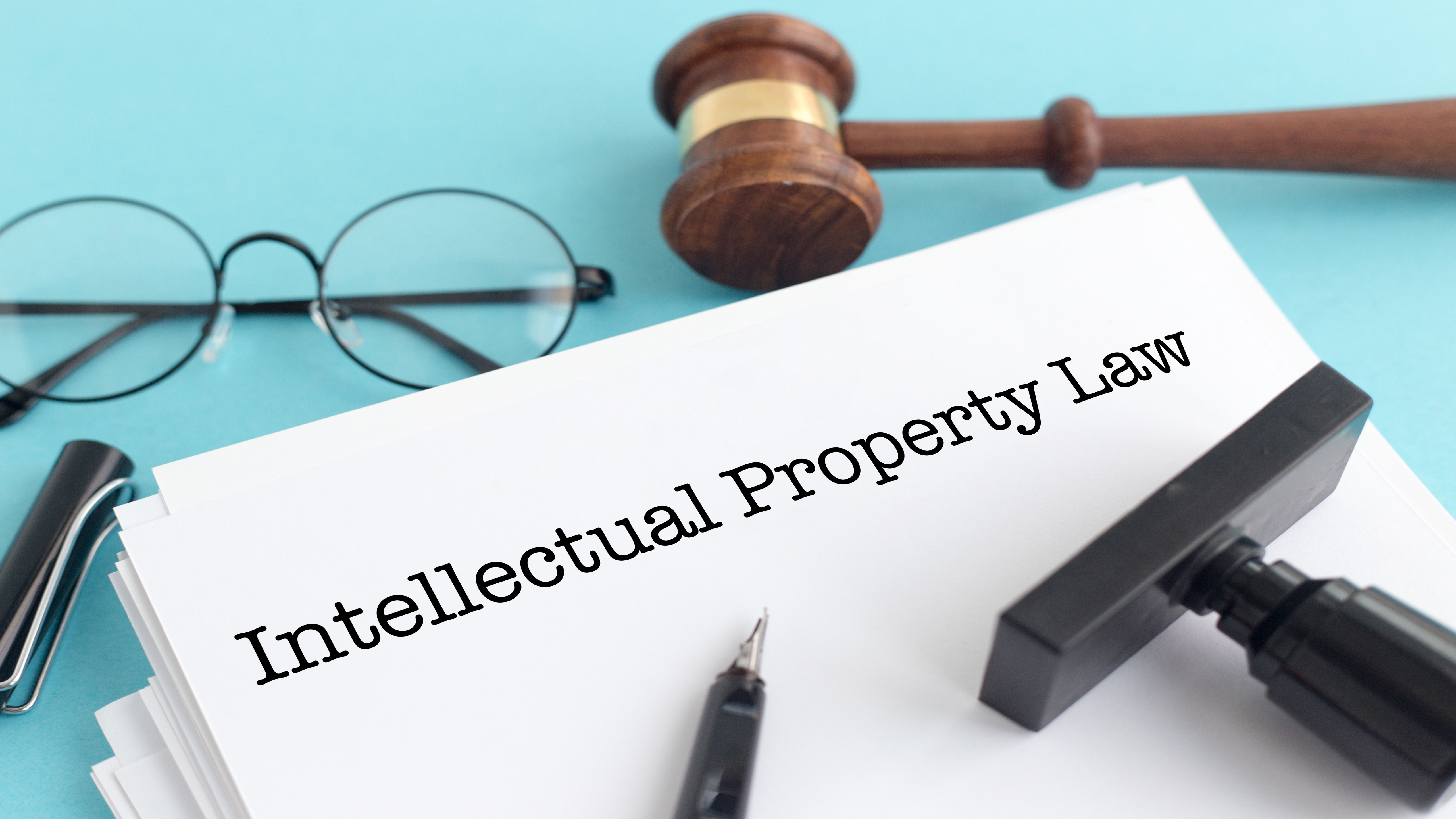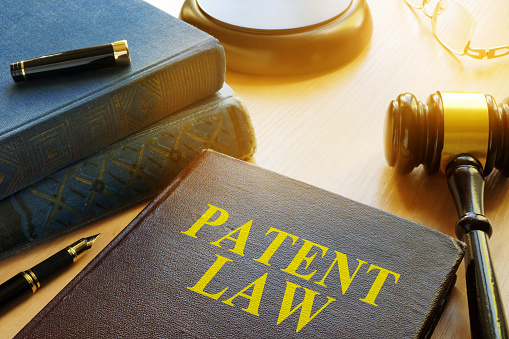
Knowing What You Own - An Overview of Intellectual Properties
Protecting your Intellectual Property (IP) is necessary to protect your creative assets. This is important not just for individual artists, designers, and app developers but also for aspiring business owners. Unfortunately, not everyone is familiar with the differences among the various forms of IP.
IP law has different rules and prerequisites, so some people can find it overwhelming to get into. Nevertheless, it is vital to understand the basic concepts so that you can adequately protect your ideas and brand.
What is the danger of not having a patent, trademark, or copyright?
Although ideas are intangible, they can develop into different products with monetary and brand value, from artworks to inventions. Any artist will tell you the dangers and difficulties of protecting their artwork from counterfeit pieces sold without the rightful owner's permission. Business owners also experience dealing with bootleggers who pose as another company's name to sell subpar products in the market. The risk of getting damaged credibility or risking copyright infringement from another business are dangers that affect anyone who wants to protect their ideas' fruits.Do I need a patent, trademark, or copyright?
Differentiating the three types of IP protection you need can seem tricky. However, there is a simple way to know if your IP fits under a specific category.
Patent
Design patents generally protect any form of original or ornamental design applicable to a manufactured item. This can represent the visual qualities or distinct configuration of your product. You don't necessarily have to invent a new material or product. In fact, utility patents work to protect a novel innovation of a base design if it can improve and enhance an object's function.
Copyright
Copyrights protect any form of original work fixed within a particular medium. This is typically for written works or audio-visual media. Musical compositions, performance recordings, and choreography can also be under this form of protection. Copyright lets you dictate the exclusive right to authorize the reproduction and distribution of your material. Artists and performers are generally the ones who need to copyright their works so that they can receive appropriate attribution and compensation for their creative output.
Trademark
Trademarks protect a collection of words, names, or symbols in commerce that distinguish a particular source of goods. This primarily applies to business brands and service providers. Company owners need trademarks to ensure that their brand presence will be distinct from other establishments within and beyond their industry.
Why is it important to distinguish the IP I have?
Although patents, trademarks, and copyrights will be in effect nationwide to secure your IP, each differs in various stages of protection and registration. For example, people applying for patents and trademarks must coordinate with the United States Patent and Trademark Office. In contrast, people who want to secure a copyright for their work need to deal directly with the US Copyright Office. These different departments will have varying processes on application, public notification, and enforcement.

Conclusion
Aspiring business owners and self-employed creatives need to understand IP law's value and how it can protect their brand. Without undergoing the right registration procedures, you can put your hard work at risk of facing several legal hurdles that can stunt your brand's growth. This is why it's best to consult specialists who can guide you through the process of owning and securing the protection you need for your IP.
At Patent Lawyers, our team's combined knowledge of over 60 years of industry experience ensures a professional and committed service to our clients. We look forward to making your legal troubles easier to handle. If you need a intellectual property attorney in Houston, Texas to oversee your IP's protection, contact us today!





